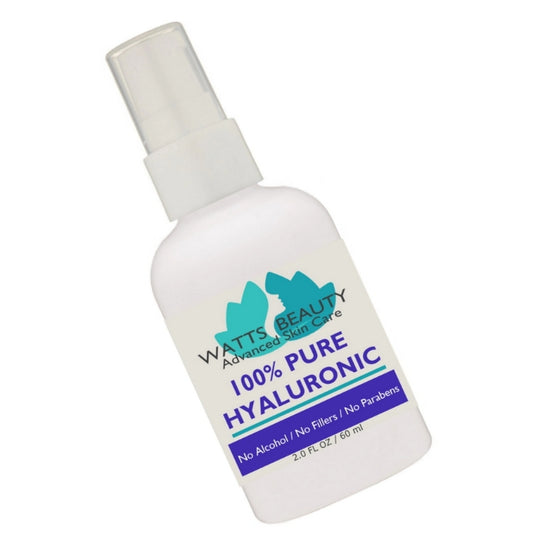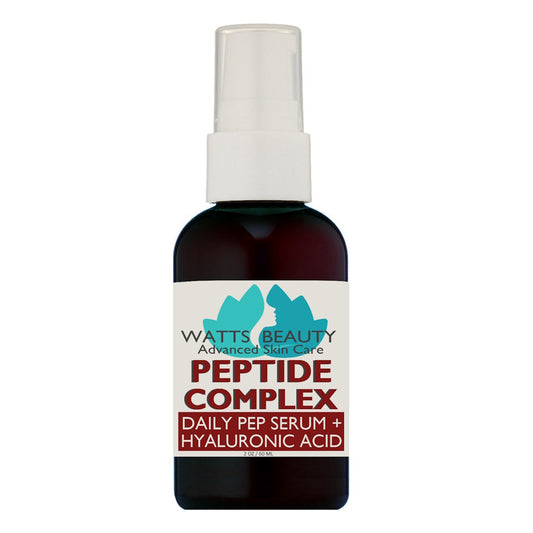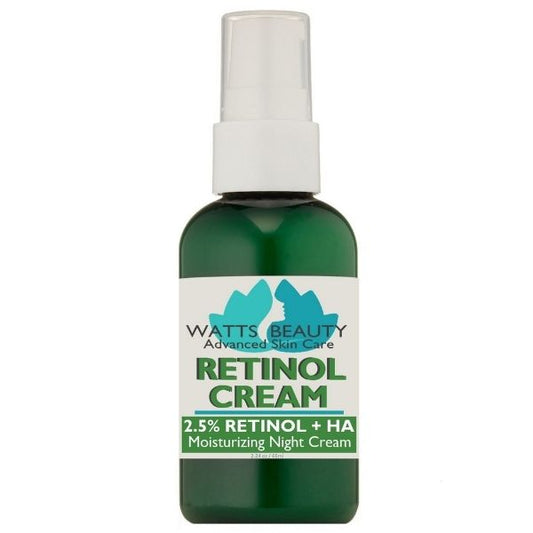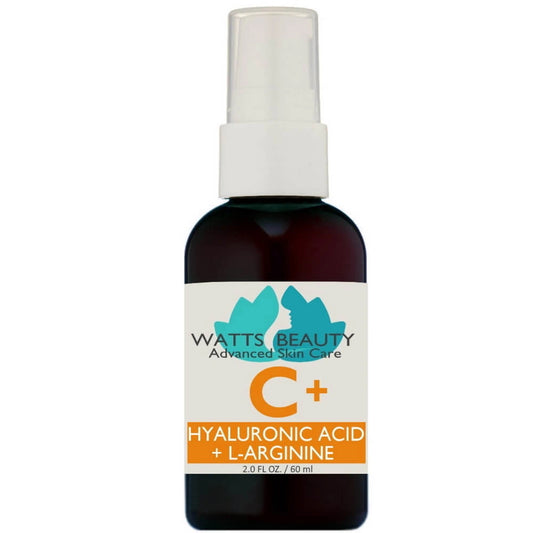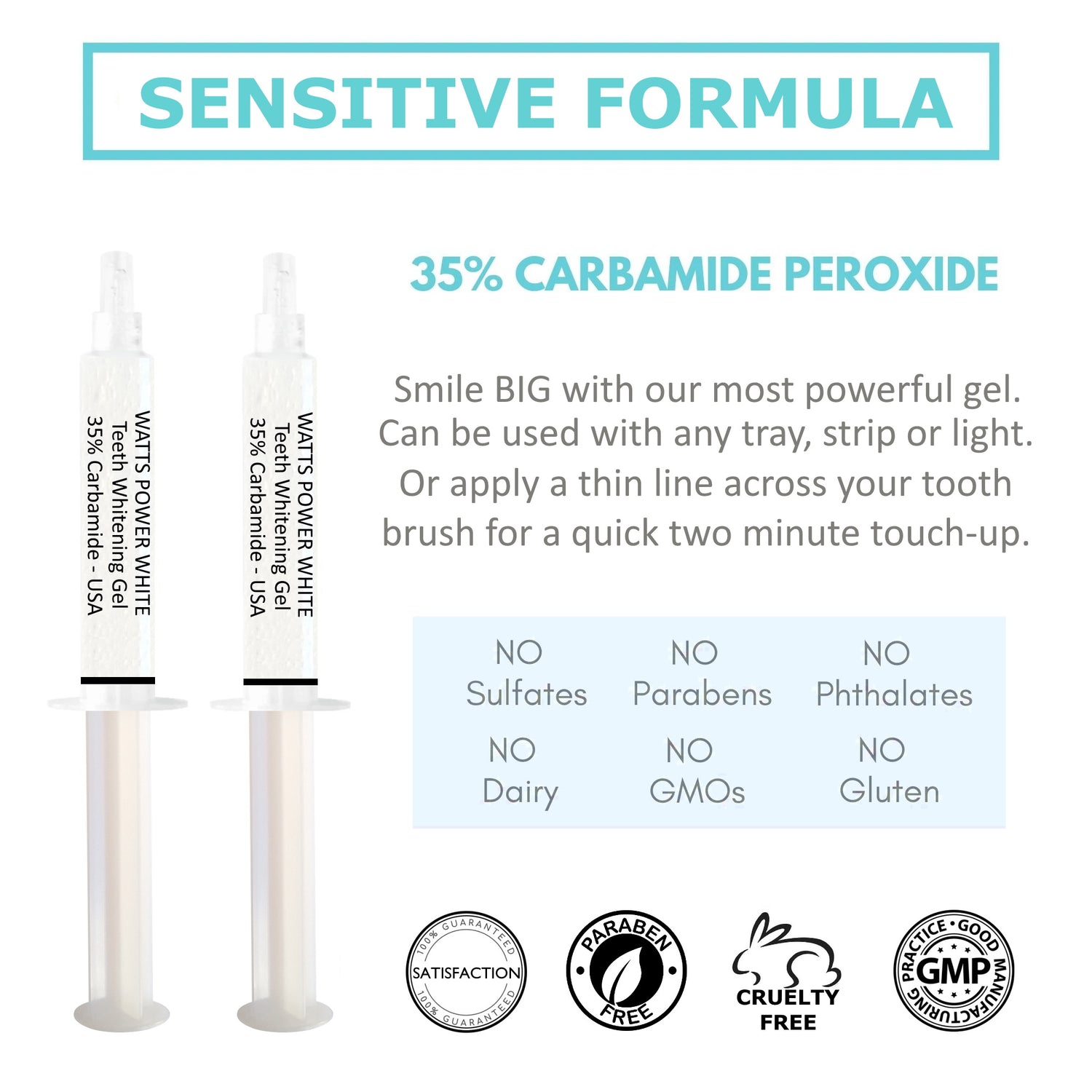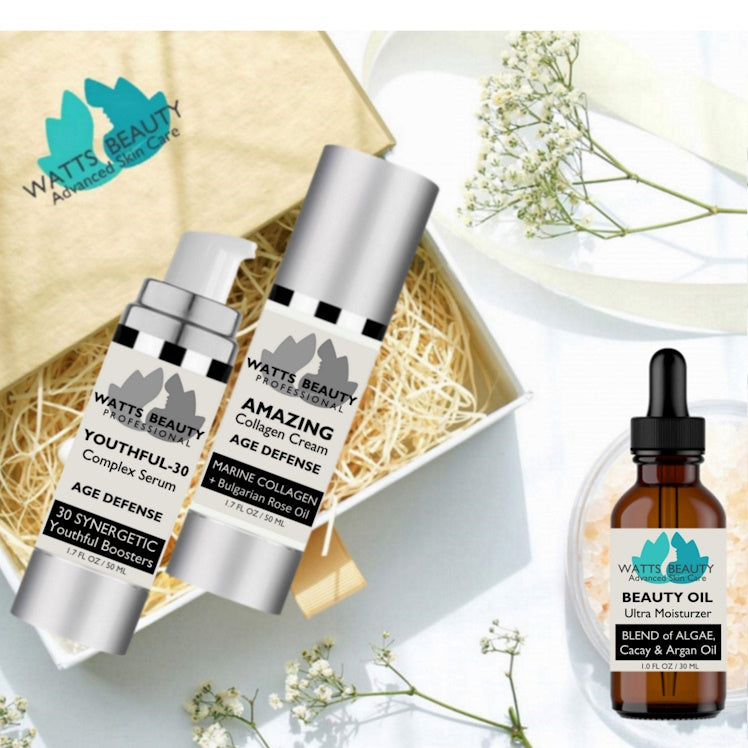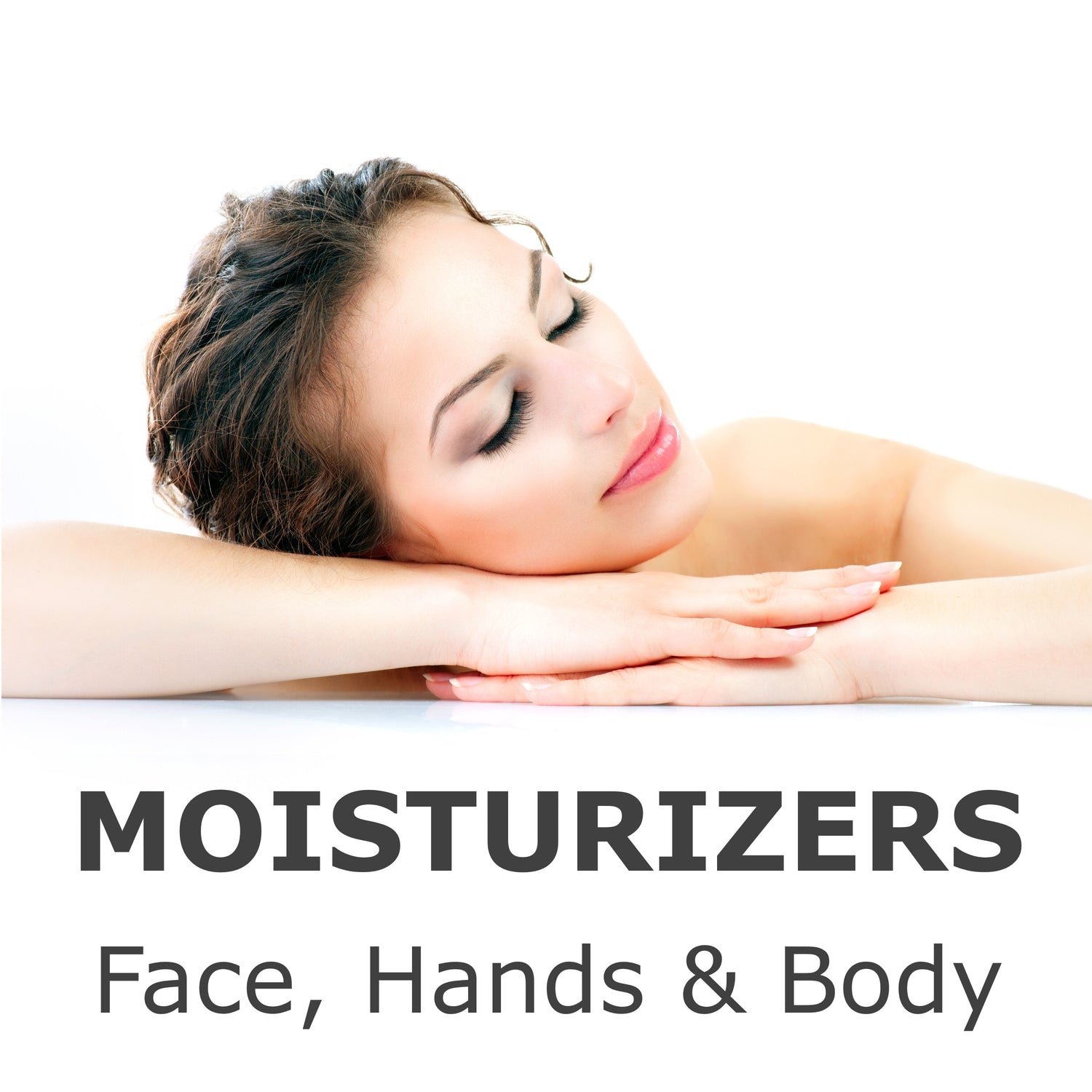What's the Difference Between Serum and Moisturizer?
When it comes to skincare, understanding the difference between products can be a game-changer for your routine. Among the most commonly used products are serums and moisturizers. Both serve important roles in maintaining healthy, glowing skin, but their purposes, textures, and application techniques vary significantly. So, what's the real difference between serum and moisturizer, and how can you use them effectively in your skincare regimen? Let's explore their unique qualities and how to make the most of each one.
1. Serums: Potent Concentrates for Targeted Results
Serums are lightweight, highly concentrated treatments designed to deliver powerful ingredients deep into the skin. Typically, serums contain higher levels of active ingredients compared to moisturizers, making them ideal for addressing specific skin concerns. Whether you're struggling with wrinkles, pigmentation, acne, or dullness, there's a serum formulated to help you target your exact needs.
Key Characteristics of Serums:
- Active Ingredients: Serums are packed with concentrated active ingredients such as vitamins (like Vitamin C), peptides, antioxidants, hyaluronic acid, and retinoids. These ingredients are potent and designed to address specific skin concerns more effectively than a general moisturizer.
- Texture: Serums are typically thinner and more fluid than moisturizers. They are often in a liquid, gel, or oil form, allowing them to be absorbed quickly into the skin.
- Absorption: Because of their smaller molecular size, serums are able to penetrate deeper into the skin layers compared to thicker moisturizers, allowing their active ingredients to work at a cellular level.
- Usage: Serums are usually applied after cleansing and toning but before moisturizing. Due to their potency, a small amount is typically all you need, and they are meant to be applied directly to the skin for targeted results.
Serum Benefits:
- Deep Penetration: Serum's lightweight consistency allows them to penetrate deeper into the skin, ensuring active ingredients can target issues like fine lines, discoloration, and dryness more effectively.
- Customized Care: Whether you're looking to brighten, hydrate, firm, or smooth skin, serums can be tailored to suit your unique needs.
- Quick Results: Since they deliver a higher concentration of active ingredients, serums often provide quicker results for skin concerns compared to moisturizers.
2. Moisturizers: Hydration and Barrier Protection
Moisturizers are essential for locking in hydration, helping the skin maintain its moisture balance, and forming a protective barrier against environmental stressors like pollution and extreme weather conditions. While moisturizers are typically more focused on hydration and nourishment, they are essential for maintaining a healthy skin barrier.
Key Characteristics of Moisturizers:
- Hydration and Nourishment: Moisturizers are formulated to hydrate and maintain the skin's moisture balance. They help keep the skin soft and smooth while preventing water loss. They can also provide additional nourishment with ingredients like ceramides, fatty acids, and plant oils.
- Texture: Unlike serums, moisturizers are thicker in consistency. They often come in cream, gel, or lotion form, which provides a more emollient texture that helps form a barrier on the skin's surface.
- Usage: Moisturizers are applied as the final step in a skincare routine, helping seal in moisture and lock in the benefits of the serum or treatment used earlier. They provide an essential layer of protection throughout the day or night.
Moisturizer Benefits:
- Hydration: The primary role of moisturizers is to hydrate the skin and prevent dehydration. They replenish the skin's water content and seal it in to keep skin feeling soft and plump.
- Skin Barrier Protection: Moisturizers help to strengthen the skin's protective barrier, reducing the risk of irritation and environmental damage. This is crucial for keeping skin healthy and resilient.
- Long-Lasting Effects: Because moisturizers provide a layer of protection, they can keep the skin hydrated for hours, preventing the skin from feeling tight or dry throughout the day.
3. Serum vs. Moisturizer: The Key Differences
While both products are integral to a skincare routine, they differ significantly in their formulation, function, and intended use. Here's a breakdown of the key differences:
1. Concentration of Active Ingredients:
Serums are far more concentrated than moisturizers, which is why they are able to target specific skin concerns. The active ingredients in serums are typically in much higher concentrations, making them ideal for more intensive treatments. On the other hand, moisturizers are designed to be more hydrating and serve as a protective barrier, with active ingredients often diluted to a lower concentration.
2. Purpose:
- Serum: Targets specific skin issues like fine lines, pigmentation, acne, or dryness with high-potency ingredients. Its purpose is to treat and provide solutions for these concerns at a deeper level.
- Moisturizer: Primarily focuses on hydrating the skin and maintaining its barrier function. It keeps the skin feeling soft, nourished, and protected.
3. Texture and Absorption:
Serums are typically lighter and have a more fluid or gel-like texture. They absorb quickly into the skin and work deep within to deliver targeted benefits. Moisturizers, however, are thicker and designed to form a protective layer over the skin, keeping moisture locked in and providing long-lasting hydration.
4. Application:
Serums are generally applied first in your skincare routine after cleansing and toning. Since serums are highly concentrated, they should be used sparingly. Moisturizers are applied after serum, creating a barrier and locking in the moisture from the serum. Moisturizers also help ensure that the skin stays hydrated and protected throughout the day.
4. How to Use Serum and Moisturizer Together:
When used together, serums and moisturizers complement each other. Here's a simple step-by-step guide for incorporating both into your routine:
- Cleanse Your Skin: Start by using a gentle cleanser to remove dirt, oil, and makeup from your skin.
- Apply Toner (Optional): If you use a toner, apply it now to balance the skin's pH and prepare it for treatment.
- Serum Application: Take a small amount of serum and apply it to your skin, gently pressing it into the face and neck. Be sure to focus on areas with specific concerns.
- Moisturizer Application: Once the serum is absorbed, follow up with a moisturizer to lock in the hydration and form a protective barrier.
- Sunscreen (AM Routine Only): In the morning, finish with sunscreen to protect your skin from harmful UV rays.
5. Choosing the Right Serum and Moisturizer for Your Skin:
- Dry Skin: Opt for a hydrating serum with hyaluronic acid or glycerin and a rich, emollient moisturizer with ceramides or oils.
- Oily Skin: Choose a lightweight, oil-free serum with ingredients like niacinamide or salicylic acid and a non-comedogenic moisturizer.
- Sensitive Skin: Look for soothing ingredients like aloe vera, chamomile, or calendula in both your serum and moisturizer.
- Aging Skin: Serums with peptides, antioxidants, and retinol can help target fine lines and wrinkles, while a rich moisturizer can keep the skin plump and hydrated.
Know The Difference
While both serums and moisturizers are essential components of a well-rounded skincare routine, they serve different purposes. Serums are potent treatments designed to target specific skin concerns with high concentrations of active ingredients, whereas moisturizers focus on keeping the skin hydrated, nourished, and protected. By understanding their differences and using them together, you can achieve healthier, more vibrant skin tailored to your needs. So, whether you're looking to combat aging, address acne, or simply maintain hydration, choosing the right serum and moisturizer for your skin type will help you get the best results.
Disclaimer: The above helpful resources content contains personal opinions and experiences. The information provided is for general knowledge and does not constitute professional advice.
You may also be interested in: Compare Popular Hyaluronic Acid Serums Watts Beauty USA
Frustrated with skincare products that overpromise and underdeliver? Your medicine cabinet tells the story of broken promises. Watts Beauty was created by medical professionals who understand this frustration. Our clinically tested formulas deliver visible results at affordable prices - professional-grade ingredients starting at just $13. Each purchase also helps domestic violence survivors rebuild their lives. Join thousands of satisfied customers who've discovered skincare that keeps its promises. Shop now and reveal your radiant skin today!
Powered by flareAI.

